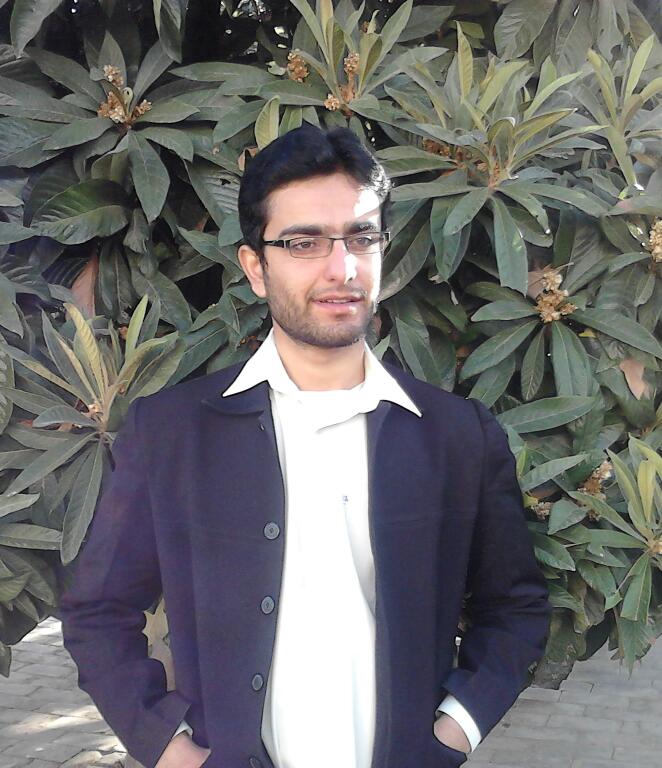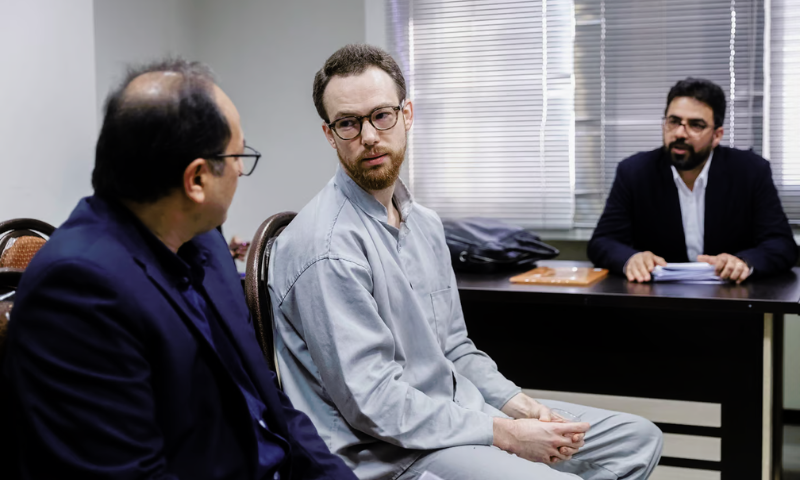COPENHAGEN: Swedish European Union diplomat Johan Floderus, who was held in Iran for two years, described his release in a prisoner swap over the weekend as “the dream that I sometimes did not dare to believe in.”
Floderus, along with fellow Swedish citizen Saeed Azizi, returned to Sweden on Saturday in exchange for Hamid Nouri, an Iranian convicted in Stockholm of war crimes related to the 1988 mass executions in Iran.
Arrested in April 2022 at Tehran airport while returning from a vacation with friends, Floderus endured months of detention before his family and others publicly revealed his plight. Following his release, Floderus expressed profound relief and joy at being reunited with his loved ones.
“After two long years, I am finally a free man, reunited with my family, my fiance, and will be able to marry,” Floderus said in a statement to Swedish media. “The dream that I sometimes did not dare to believe in has come true — to be back with my loved ones and to live my life in freedom.”
Sweden’s Expressen tabloid captured a poignant moment of Floderus proposing to his fiance at the airport, with Swedish Prime Minister Ulf Kristersson present. Kristersson welcomed Floderus and Azizi back, describing their ordeal as “hell on earth.”
The swap coincided with Eid Al-Adha, a significant Islamic festival often marked by the release of prisoners.
Nouri’s arrest in 2019 during his visit to Sweden likely prompted the detentions of Floderus and Azizi, reflecting Iran’s strategy of using individuals with foreign ties as bargaining chips. Iran has consistently denied holding prisoners for negotiations, despite multiple instances of prisoner swaps with the US and other nations.
In 2022, Nouri was sentenced to life imprisonment by the Stockholm District Court, which identified him as an assistant to the deputy prosecutor at Gohardasht prison in Karaj, Iran.
Notably absent from the swap was Ahmadreza Djalali, a Swedish-Iranian expert on disaster medicine, who has been described by a UN panel as arbitrarily detained since 2016. Djalali remains in Tehran’s Evin Prison, facing possible execution after being convicted of “corruption on Earth” in 2017.

























